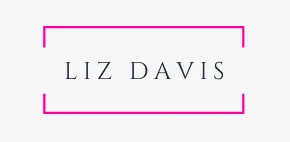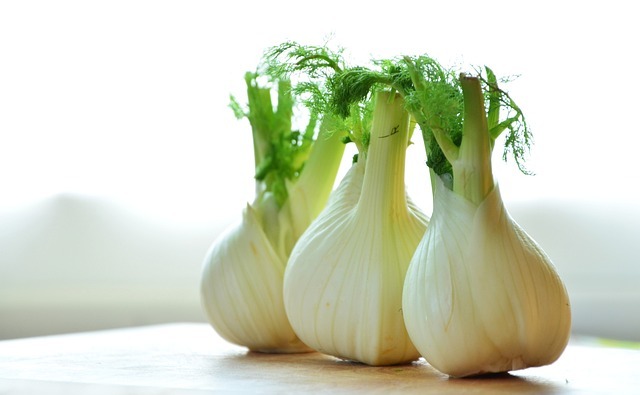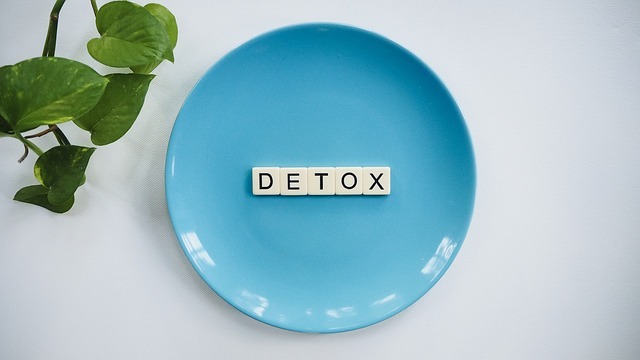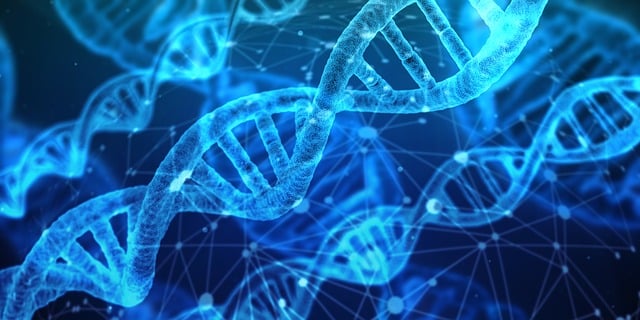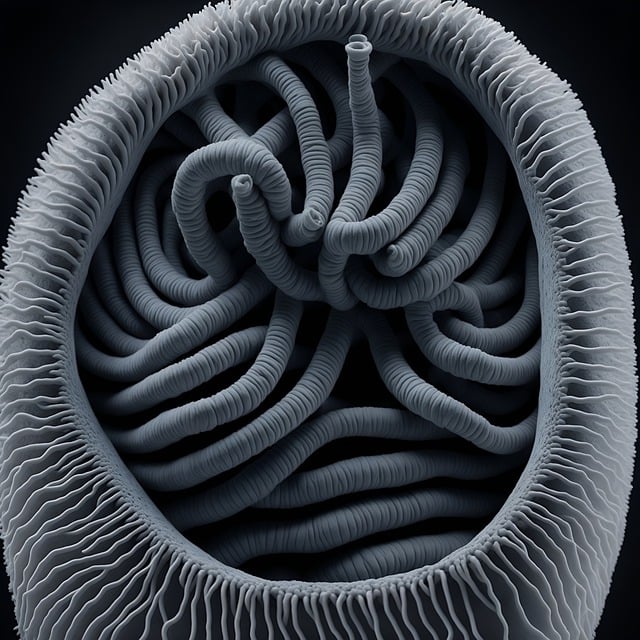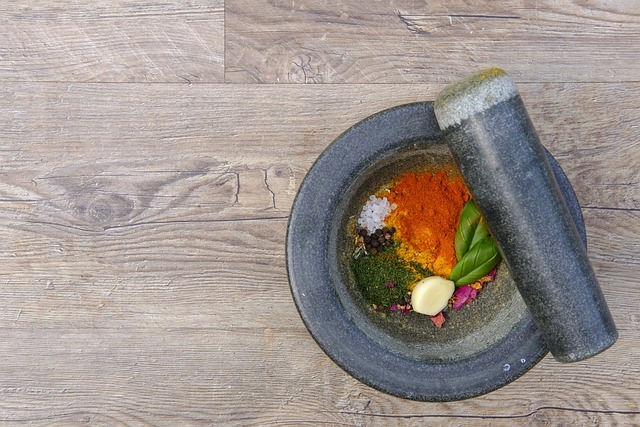
Easy Spice & Herbs for Gut Health.
If you find your digestion’s feeling bit off, maybe with bloating, nausea or aches and pains, you could do a lot worse than to make sure you have plenty of spices and herbs for gut health to hand in your kitchen cupboards.
There are literally hundreds of herbs and spices to help with day to day tricky gut situations.
Some herbs will support your body in producing bile – a digestive substance produced by the gallbladder which helps you digest fatty foods.
Also, many of these herbs and spices will soothe the gut wall and ensure your gut is functioning correctly to get any pesky excess gas out of your system.
However they do their job, you can be assured that the following herbs and spices will support healthy digestion, allowing the gut to function as it’s supposed to.
And apart from all that they taste amazing too!
If you’d like to learn more about incorporating herbs and spice into your diet, I’d highly recommend downloading my online course The Ultimate Gut Health Programme to help support both your digestive sysem and hormone health, whilst avoiding triggering symptoms.
It’d be impossible to include all you need to know in one blog, but the programme will have all you need to know to ensure you’re soothing your digestive system, whilst eating delicious and filling foods.
Here are four of my favourites –
Fennel
The seeds are often served in Asia alongside or after your food to promote healthy digestion. An easier way is to drink fennel tea, or buy a fresh fennel bulb from the supermarket – it makes an awesome soup!
The seeds and the plant have been scientifically proven to be –
- Antibacterial
- Anti-fungal
- Anti inflammatory
So, it may well help you get rid of any bacteria which is causing gassiness, or help with an upset stomach.
sChamomile
My favourite herb of all time and so handy – I have a box of chamomile tea in the kitchen all the time as I use it for sleeping and relaxation.
A lesser known benefit of chamomile is as a great treatment in case of any stomach aches or bloating. It works so well. Sometimes I just have three small cups of chamomile tea, one after the other, and it nails most minor digestive complaints.
It’s also been proven in animal studies to be anti inflammatory and reduce diarrhoea. It also inhibit the development of stomach ulcers – amazing!
Ginger
A very well known remedy for all types of nausea, including morning sickness and travel sickness.
It’s very versatile so you can either buy the fresh bulbs and then grate or chop it into hot water to make tea, or in stir-fry or curries.
Alternatively buy it as a tea or use dried ginger in cooking.
Cumin
Cumin is great for indigestion and actually revs your digestive processes up by increasing the activity of digestive enzymes.
Again, cumin will increase the production of bile so it’d be a great idea to include some of this if you tend to feel uncomfortable after eating fatty foods.
People with IBS have even reported improved symptoms after taking cumin as a supplement.
You might have noticed that a lot of these spices are traditionally served alongside notorious foods which commonly aggravate digestion, such as beans and lentils – think chilli and dhal.
There is a reason for this, they do actually help your gut to break down these harder to digest foods.
So there you go, four essential herbs and spices to have in your cupboard to support your digestion day to day – enjoy them as teas or in cooking!
If you would like to speak to me about any aspect of your gut health, then please use this link to book into my diary for a FREE 30 minute chat so I can find out more about what is going on for you. Alternatively please use the ‘Learn More’ link below.
Free Mini Programme
Would You Like to Learn How to Fix Your Digestive Symptoms, Beat the Bloat and Feel Amazing?
1:1 Coaching Plans
Get Ready to Permanently Beat the Bloat, Soothe Your Digestion and Feel Amazing
Ultimate Gut Health Programme
Delicious, Filling & Inspiring ways to Become Symptom-Free, Soothe Your Gut and Enjoy Your Food Again!
